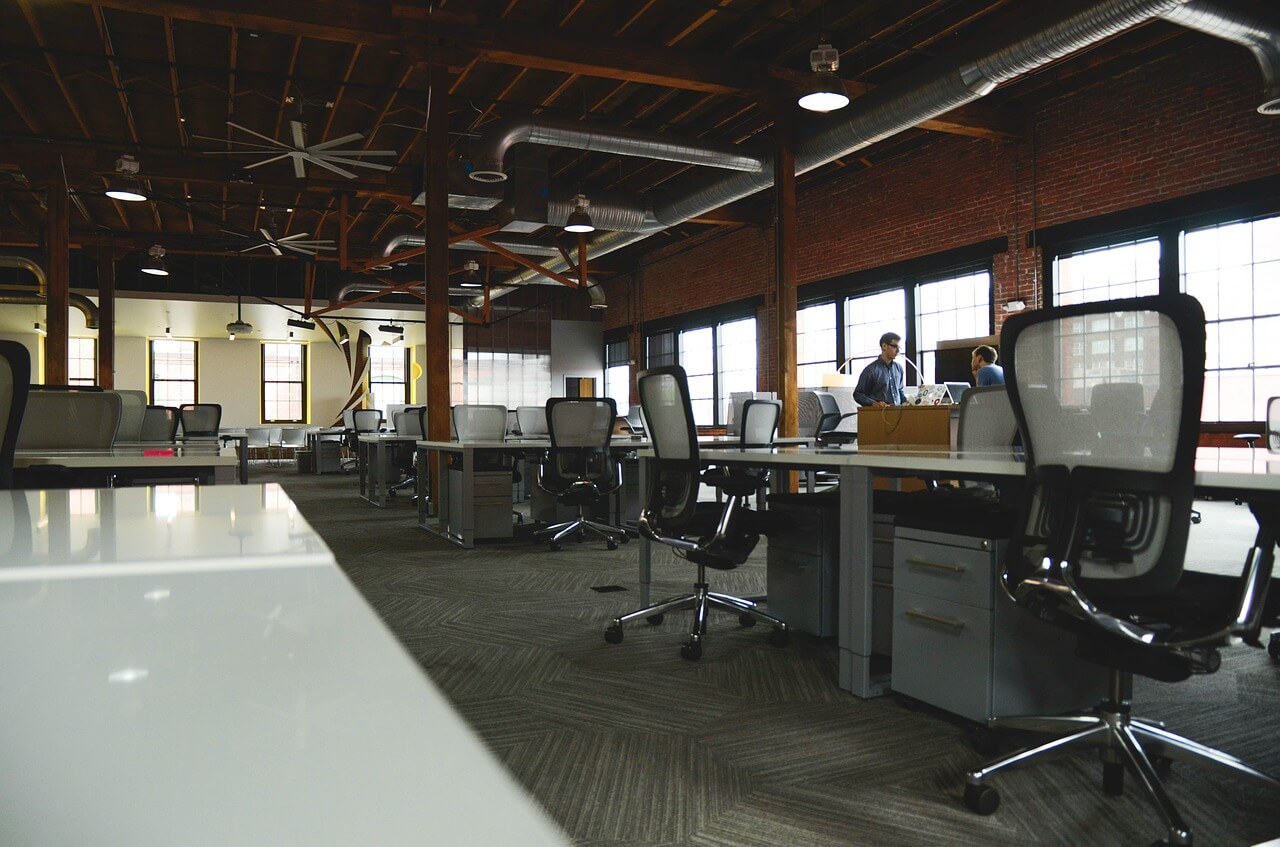Published: 29/04/2019
Following our previous post that explained the what is air conditioning, this time we’re going further in-depth to explain how it all works.
How Do Air Conditioning Systems Work?
The processes involved in conditioning the air within a building require a refrigerant that converts from gas to liquid and back again within a very short timeframe. Regardless of how large the system is, its inner workings follow a universal pattern:
- The compressor compacts the gaseous refrigerant so that its temperature and pressure are rapidly increased.
- The refrigerant then enters the condenser, where it returns to liquid form and the heat is released outside.
- Moving to an evaporator at low pressure, the liquid refrigerant evaporates and absorbs heat from the inside air.
- It then returns to the compressor and repeats this cycle constantly.
The basic principle is that internal heat is absorbed and transferred outdoors, resulting in the room rapidly cooling.
However, there’s a lot more to it than that, as the process involves chemicals inside the refrigerant that allow it to change back and forth between gas and liquid. Meanwhile, the greater the intensity of the compression stage, the closer the molecules are squeezed together, resulting in a more powerful cooling effect.
Energy Efficient Systems
Naturally, air conditioning units contain fans that suck warm air through ducts into the unit and circulate the cool air into the wider room or building. The process continues until the room has reached the desired temperature, at which point the system shuts down thanks to the thermostat sensing that the room temperature matches the chosen setting. If the room temperature rises above this level again, the thermostat communicates this to the air conditioning unit and the process resumes. This clever tech also means that your business won’t waste money on unnecessary energy usage.

Meanwhile, humidity plays a large role in which type of air conditioning systems will suit your commercial premises too. High levels of humidity can cause a workplace to become stuffy and uncomfortable, so air conditioners also remove moisture from the air to create a cool, dry environment. However, if the humidity level is very high, it could prove too much for one type of air conditioning system but fine for another, which is where our expert guidance comes in very handy.
Local & Reliable Air Conditioning Experts
Whether your business is an office with multiple rooms, an open-plan restaurant or anything in-between, call us today on 01482 371888 or email [email protected] and we’ll work out exactly which type of air conditioning system will keep it cool, welcoming and the perfect place to do business.


